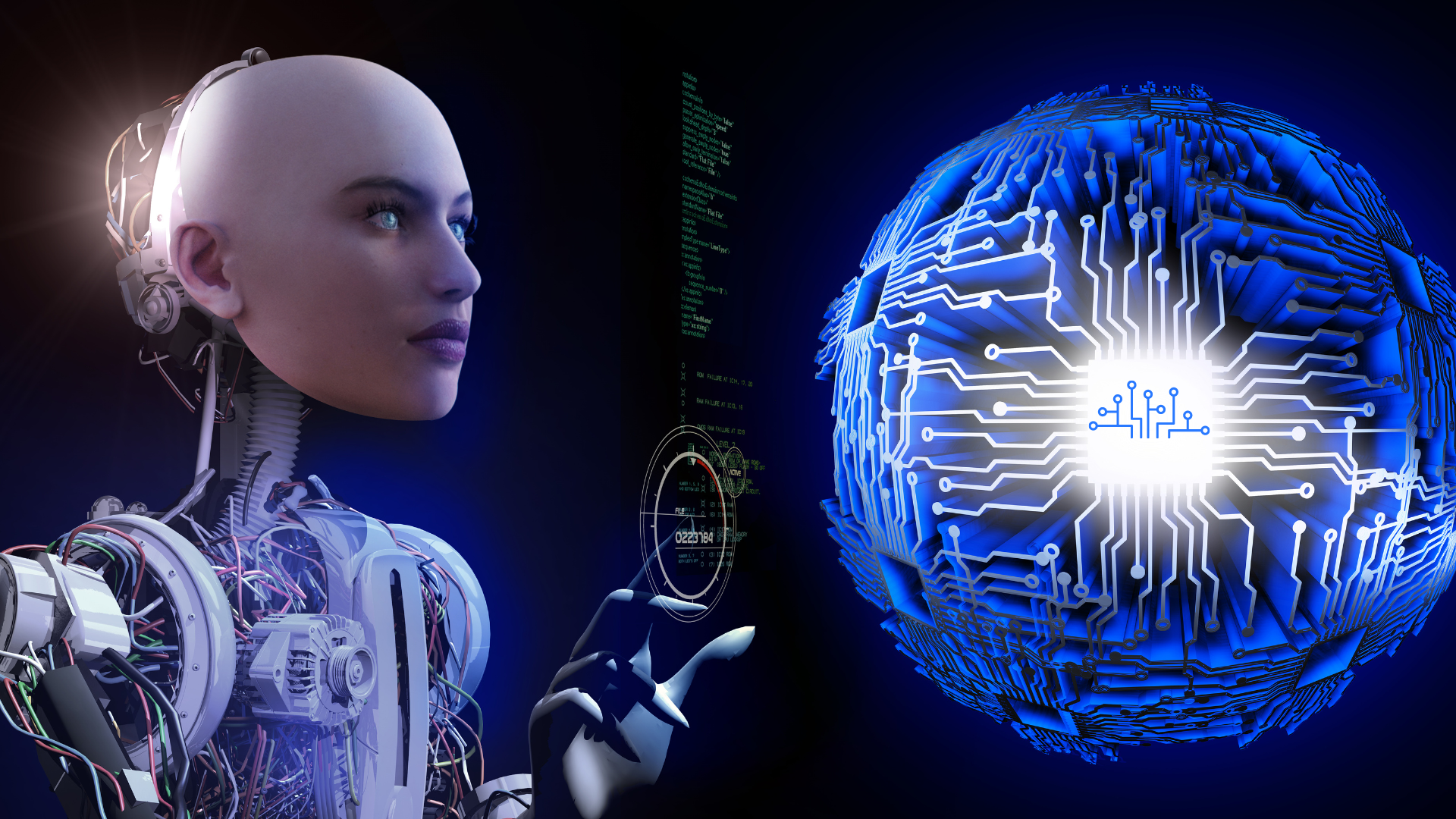In the era of big data and advanced analytics, the synergy between artificial intelligence (AI) and data exchange has become a critical component for innovation and growth. However, the traditional centralized data exchange systems are often plagued with inefficiencies, security vulnerabilities, and lack of transparency. This begs the question: How can blockchain enable decentralized AI data exchange?
The volume of data generated globally is staggering. According to Statista, the total amount of data created, captured, copied, and consumed worldwide is forecast to reach 181 zettabytes by 2025. Meanwhile, the AI market is projected to grow at a compound annual growth rate (CAGR) of 42.2% from 2020 to 2027, reaching $733.7 billion by 2027. The intersection of these two burgeoning fields necessitates a robust, secure, and transparent method for data exchange—an area where blockchain technology shows immense promise.
In this blog, we will explore the potential of blockchain to revolutionize AI data exchange by enabling decentralized, secure, and efficient data transactions. We will delve into the challenges of current data exchange models, the advantages of decentralization, and real-world applications that highlight the transformative impact of blockchain on AI data exchange.
The Challenges of Centralized AI Data Exchange
Centralized data exchange models are currently the norm, but they come with several significant drawbacks that hinder the efficient and secure sharing of data:
- Data Silos: Data is often stored in isolated silos, making it difficult to integrate and access across different platforms and organizations. This fragmentation leads to inefficiencies and limits the potential of AI applications.
- Security Vulnerabilities: Centralized databases are prime targets for cyber-attacks. According to Cybersecurity Ventures, cybercrime damages are expected to cost the world $10.5 trillion annually by 2025. The concentration of data in centralized systems increases the risk of large-scale breaches.
- Lack of Transparency: Traditional data exchange methods lack transparency, making it difficult to track data provenance, verify authenticity, and ensure data integrity. This opacity can lead to trust issues and reduced collaboration among stakeholders.
- High Costs and Inefficiencies: The involvement of intermediaries and manual processes in centralized data exchange models leads to increased costs and delays, reducing the overall efficiency of data transactions.
The Promise of Decentralized Data Exchange
Blockchain technology offers a decentralized approach to data exchange, addressing many of the issues inherent in centralized systems. Here are several key advantages of using blockchain for decentralized AI data exchange:
- Elimination of Intermediaries: Blockchain’s decentralized nature eliminates the need for intermediaries, reducing costs and streamlining the data exchange process. This direct peer-to-peer exchange model enhances efficiency and speed.
- Enhanced Security: Blockchain uses cryptographic algorithms to secure data transactions, making it highly resistant to tampering and cyber-attacks. Each transaction is recorded on a public ledger, ensuring data integrity and trust.
- Transparency and Traceability: Blockchain provides a transparent and immutable record of all data transactions. This traceability allows users to verify data provenance and authenticity, fostering trust among stakeholders.
- Data Sovereignty: With blockchain, data owners retain control over their data. They can grant and revoke access permissions, ensuring that data is shared securely and only with authorized parties.
- Incentivized Data Sharing: Blockchain can facilitate data monetization through tokenization. Data owners can be rewarded for sharing their data, incentivizing the availability of high-quality data for AI applications.
Real-World Applications of Decentralized AI Data Exchange
Several innovative projects and platforms are leveraging blockchain to enable decentralized AI data exchange, showcasing the transformative potential of this technology:
- OpenLedger: OpenLedger offers a permissionless and verifiable data-centric infrastructure that integrates blockchain technology to facilitate secure and efficient AI data exchange. Its decentralized approach addresses the inefficiencies and security concerns of traditional data exchange models.
- Ocean Protocol: Ocean Protocol is a decentralized data exchange protocol that allows data owners to share and monetize their data securely. It uses blockchain to ensure transparency and trust, enabling AI researchers to access high-quality data from diverse sources.
- SingularityNET: SingularityNET is a decentralized marketplace for AI services. It uses blockchain to connect AI developers and users, facilitating the secure exchange of AI models and data. This decentralized platform promotes collaboration and innovation in the AI community.
- Datarella: Datarella leverages blockchain to create secure and transparent data marketplaces. By decentralizing data exchange, Datarella ensures data integrity and privacy, making it an ideal solution for AI applications that require reliable and secure data sources.
The Future of Decentralized AI Data Exchange
The future of AI data exchange lies in decentralization, with blockchain technology playing a pivotal role. As the adoption of blockchain-based data exchange platforms increases, we can expect several trends to shape the landscape:
- Increased Collaboration and Innovation: Decentralized data exchange will facilitate greater collaboration between organizations, fostering innovation and accelerating the development of AI solutions. The transparent and secure nature of blockchain will build trust among stakeholders, encouraging data sharing and cooperation.
- Scalability and Interoperability: Advances in blockchain technology will enhance scalability and interoperability, making decentralized data exchange more efficient and accessible. Solutions like sharding and cross-chain communication will address current limitations and enable seamless data transactions across different blockchain networks.
- Regulatory Compliance and Data Privacy: Blockchain’s transparent and immutable nature will aid in regulatory compliance, ensuring that data exchange processes adhere to data protection regulations such as GDPR and CCPA. Enhanced privacy features, such as zero-knowledge proofs, will protect sensitive data while maintaining transparency.
- Tokenization and Data Monetization: Tokenization will enable data owners to monetize their data through secure and transparent transactions. This will incentivize data sharing and increase the availability of high-quality data for AI applications, driving further advancements in the field.
Conclusion
Blockchain technology has the potential to revolutionize AI data exchange by enabling a decentralized, secure, and transparent method of data transactions. By addressing the challenges of traditional centralized systems, blockchain paves the way for more efficient and trustworthy data exchange, fostering innovation and collaboration in the AI community.
The question of how blockchain can enable decentralized AI data exchange is not just theoretical; it is a practical inquiry with real-world applications and implications. As we continue to explore and harness the potential of blockchain, we will unlock new opportunities for AI development and create a more data-driven future.
By integrating blockchain technology into AI data exchange, we can overcome the limitations of current models and build a foundation for a more secure, transparent, and efficient data economy. The future of AI and data exchange is decentralized, and blockchain is the key to unlocking its full potential.



